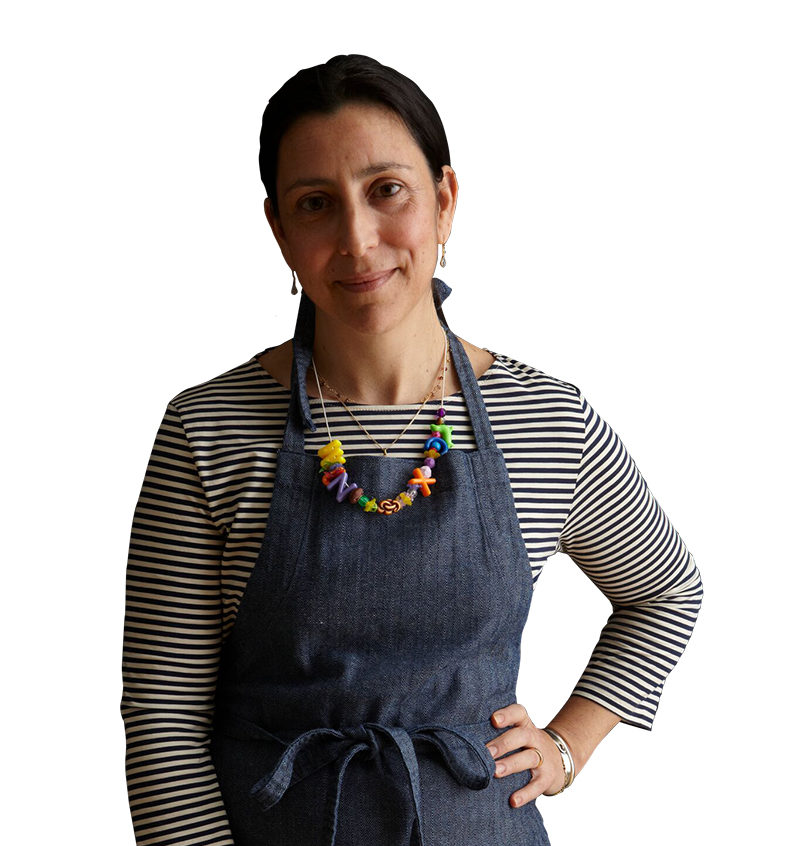Encompassing both the Piedmont’s rolling grasslands and the hardwood-covered slopes of the Blue Ridge Mountains, Virginia’s Patrick County brings together sunny fields and dramatic valley views. It also bridges industrial manufacturing and startup family businesses. Local staples such as apple butter, pinto beans, bottled green beans, and jello salad show up on dinner tables and at community events, but so do bruschette and biscotti, samosas and vegan cakes. In Patrick County, private baking often finds its way to public sale, with the area’s winding mountain roads prompting laughter-filled stories about the hazards of tiered-cake delivery.
Roadsides shimmer with pale pink rhododendrons in early summer and blaze with red sweetgum leaves in the fall. Orchards and mills, roadside draws in the 20th century, still provide the fruits and grains that attract eager consumers. In growing numbers, tourists stop off the Blue Ridge Parkway to join residents for annual events like the Apple Dumpling Festival, Virginia State Peach Festival, and Strawberry Festival—all featuring locally baked goods.
Whether working with neighbors in the small kitchen of the Old Home Ec Building in Woolwine or baking alone in homes throughout the county, a central challenge is navigating the constraints of domestic environments—limited countertops, outlets, and oven space—while reproducing the flavors of home on a large scale. On top of organizing baking days around shifting oven temperatures and available clean pans, bakers consider their customers’ family traditions as they modify their own. Is the giant blueberry pie beloved by a baker’s children too big for a client’s preferences? Will the spices normal for one’s own food be too much for a fellow resident? Even as century-old cast-iron apple-paring machines are lovingly maintained, tweaks to baking technologies—like how Julia Bledsoe uses mini-bundt pans to create single servings of grandmother’s signature cake, or how Livia Alves experiments with egg substitutes to make a dessert vegan—reflect traditions shifted by consumer expectation.
Patrick County bakers who have kept ovens and fairs running for decades have been joined in recent years by neighbors from major cities like Charlotte, Orlando, and Asheville. These transplants often seek a pastoral “simple life” and a respite from inflexible claims on their time. But they must also contend with the needs and desires of the community surrounding them, syncing with the seasonal work of other producers by sourcing local berries and employing a high school student to wait tables, or making shortbread for the Christmas market because that’s what people like. Sarah Reyburn uses local ingredients in her quick breads “whenever local is available. So, my history with Wade’s Orchards, the peaches and so forth, when they’re around that’s where I’m shopping.” For women bakers who work from home kitchens while also tending children, relationships with producers and consumers build networks that extend the scope of their daily interactions.
Connecting youth to these networks helps address anxieties about population loss in this rural place. The 4-H Rise & Shine Market in Stuart encourages t(w)eens to plan, make, and market goods such as chocolate zucchini bread, transforming garden surpluses into cash. In mid-life, siblings Connie Goode and Kenneth Belcher have taken the baking baton from their elders, incorporating four generations (including men as well as women) in Woolwine’s annual fried apple pie fundraiser for the area’s volunteer-dependent emergency services.
Longstanding annual fairs and festivals together with new eateries and coffee shops reflect hopes for sustaining community ties while drawing in tourists and customers. At Stuart’s popular restaurant Pickle & Ash, owner and homesteader Chelsea Raby celebrates regional flavors. “We want to grow in a communal sense,” she says. “Any way that we can be a part of making Patrick County a better place, that’s what we want to do here.” From selling peach cobbler to hosting neighborhood wood-fired pizza nights, this is the type of economic and social impact home bakers have created for generations.










